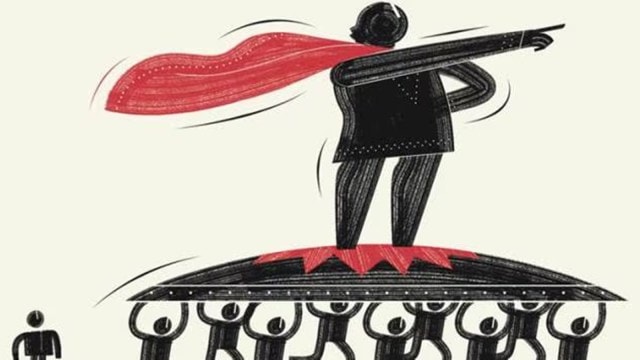

Feb 13, 2025 07:42 IST First published on: Feb 13, 2025 at 07:37 IST
No amount of bookish knowledge can teach us about what life has to offer. I never imagined life would give me an opportunity to experience what I’ve often talked about. I want to point out two things through this essay about human tendencies, especially in research. First, looking at everything in binaries, be it problems, solutions or problem-solutions. Second, regarding the categories within them as fixed. While variables such as caste, religion or gender may be considered fixed, others like ability-disability may not be. What we define as abled today may become disabled tomorrow, due to reasons not under human control.
While conducting research, one often hears about the methodological dilemma of the insider versus the outsider in establishing the veracity or ingenuity of the data collected or voices heard. It’s argued that those being researched or objectified should also become the subjects of the research — who could be more suitable than them to express what their experiences have been like and how they could be mitigated? It’s difficult to counter this position as the supposed outsider is considered not so suitable, having neither the necessary experience/knowledge nor the desired empathy.
Story continues below this ad
Temporarily losing my ability to speak due to a medical condition gave me the opportunity to become both an insider and an outsider simultaneously. Experiencing what it’s like to become speech-impaired did leave me with frustration, suffering and a desperate urge to share or do something about these experiences. It was most annoying to see others misinterpret what I was trying to communicate, even if the issue was innocuous. I shudder to think what might happen when the implications of misinterpretation would be serious, involve others or have higher stakes. However, I cannot deny that there were also those who would understand what I was going through and speak my voice.
The more socially sensitive the matter, involving the representation of concerns of marginalised communities, the louder the clamour that they alone can best express their concerns. For example, if it is a women’s issue or a Dalit issue, no one else can claim to represent their experiences better than they themselves. Going by that logic, it needs a Dalit writer — for instance, Omprakash Valmiki in his autobiography Joothan — to fully comprehend a Dalit boy’s account of pain, agony and misery. While there is not an iota of doubt in acknowledging that, there should also be no hesitation in acknowledging equal empathy manifested in the work of non-Dalit scholars studying such themes. For example, Krishna Kumar’ essay, ‘Learning to be Backward’, is a moving account of a tribal student’s story of the shame that he goes through when his History teacher, with the help of a prescribed textbook, establishes in the classroom a connection between tantricism, orthodoxy and tribal culture. Kumar beautifully captures the dilemma the tribal student goes through upon being asked the “right” answer to the question “who were the people who practised superstitious beliefs”. Whether he responds or not, his backward status (either as superstitious or dumb) will be reiterated.
Due to their shared experiences, insiders may be more invested in mitigating the conditions that cause suffering (because they go through the same suffering). However, it is also possible that as insiders, they are blinded by their concern, might become biased and lose perspective of the problem, or perceive all outsiders as people with vested interests. While insiders have a definite edge in terms of knowledge, this can’t be the sole condition for choosing them.
Story continues below this ad
That’s the issue when we look at educational problems as binaries, oversimplifying their causation, which leads to oversimplification of proposed solutions. For example, a teacher’s background is often considered important, especially if her students are members of a tribal community. It has often been seen that a non-tribal teacher is far removed from the culture of the children and is therefore insensitive to the tribal children’s needs. The solution is found in replacing the teacher. This is based on the premise that a teacher from a similar background is better than one who is not. Yet, it is also true that not all non-tribal teachers are insensitive as projected in several research studies. In addition, there are several other factors that contribute to the making of a good teacher: Training, service conditions, work environment. Thus, singling out a factor, no matter how important it may seem, and giving it undue significance while ignoring other factors, can be problematic.
most read
Similarly, the realisation that the difference between abled and disabled is only a question of degree and not type, and it may just take a split second for one to jump across the spectrum, keeps us more grounded not only as researchers but also as human beings.
The writer is professor, School of Education, Tata Institute of Social Sciences, Mumbai


